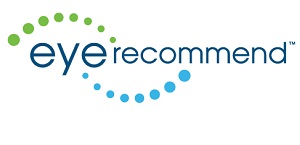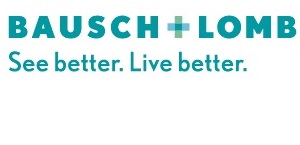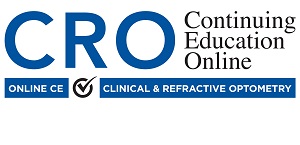
By Dr. Trevor Miranda.
Dr. Miranda will be regularly contributing his thoughts and perspectives on the topic of Independent Eye Care Practice in Eye Care Business Canada.
In life and at work, we can often think it is easier not to think of something to avoid having to use the scarce resources of time and energy to properly deal with the task at hand.
For me, it’s organizing my closet or cleaning the garage. I cope by putting it off but every time I open my drawers I am reminded that it needs my attention (I finally did tidy the garage and I feel so much better!).
My stress could be reduced by just stopping the avoidance of these tasks!
Multi-tasking Owners are Challenged
Independent optometric owners have to juggle many responsibilities. Marketing, human resources, inventory management, cash flow, financial statements, scheduling, tax planning, budgeting, equipment purchasing and maintenance, product information, staff training, patient experience, E-Commerce and many other duties can easily overwhelm the minds of optometric owners.
Beyond that, the responsibilities of continuous learning on glaucoma, macular degeneration, vision therapy, low vision, myopia management and primary eye care further compete for optometrists’ time and energy.
Wearing all these hats is very challenging and often leads to avoidance coping.
Avoidance coping is a maladaptive form of coping in which a person changes their behaviour to avoid thinking about, feeling, or doing difficult things.
Stress Management versus Stress Avoidance
Avoiding stress might seem like a great way to become less stressed, but this isn’t necessarily the case.
More often than not, confronting a problem or dealing with a stressor is the only way to effectively reduce the stress it causes.
We strive for “stress management” rather than “stress avoidance”. Usually, procrastination or trying not to think of the stresses leads to further stress and increased frustrations. Actively managing stress is a more healthy and productive strategy.
Ways to Manage Stress
Delegate (don’t abdicate):
Delegation of duties is an effective way to distribute responsibility and accountability.
Effective delegation requires structure and training. It is important that there is oversight of delegated tasks.
This means using “SMART” goals: Specific, Measurable, Attainable, Realistic, Timelines.
As an owner, it is important to be briefed regularly on the status of a particular portfolio. For instance, delegation of marketing in your practice should include a regularly updated budget and a yearly marketing plan with regular reviews at predetermined intervals.
There are task management applications that can assist in overseeing these delegated tasks; examples include Monday.com and Trello.
Delegation of tasks can be divided among the entire team rather than residing as the responsibility of the office manager. For instance, one staffer can be in charge of outstanding accounts; another in charge of ordering supplies.
We utilize Slack to assign tasks that combine communication to both assignee and assignor until task competition. The management of outstanding tasks allows compartmentalization of these potential stresses and combats avoidance.
Empowerment:
Cultivation of empowerment in each team member to be part of the solution is important to stress reductions and better office functioning.
The culture of not passing the buck or saying “that’s not my job” is crucial to a shared responsibility and accountability. This helps reduce the burden and decrease potential stress.
Macromanagement:
Leaders guide their businesses in a directional way. Avoiding micromanaging will reduce stress.
It is important to quickly address large issues but avoid managing each and every mistake. Resist the urge to point out every mistake as this can be demotivating and depressing while adding stress on both sides.
If something is particularly bothersome, ensure you are not actively frustrated and address the issue in private with the appropriate compassion and honesty. Collaborate on ways to improve with training and feedback. Getting buy-in is crucial.
Avoiding difficult conversations will only add to stress levels. It is better to act like the CEO of your optometric business. Guide the ship through small directional maneuvers rather than being stuck in reflexive reactions in day-to-day events.
Outsource:
Another way to help manage the myriad of responsibilities is to outsource to experts.
Companies offer marketing, human resources, accounting, and even optical dispensary management where experts take on the responsibility and reduce the owner’s stress load.
Don’t avoid the necessary time it takes to manage these areas properly. Use outsourced experts that are accountable for results and preset timelines.
I remember when I started my first clinic. I answered the phones, did the accounting, cleaned the office and helped in frame selection.
All of these duties are currently not my direct responsibility. It is important that you change as you grow.
Learning the business by doing it yourself is great if you’re capable, enjoy that aspect of business and have the time to do it.
As your business grows your management techniques need to adapt. With five clinics and a growing team, I know that I must adapt to actively manage stresses rather than avoid them.

DR. TREVOR MIRANDA
Dr. Miranda is a partner in a multi-doctor, five-location practice on Vancouver Island.
He is a strong advocate for true Independent Optometry.
As a serial entrepreneur, Trevor is constantly testing different patient care and business models at his various locations. Many of these have turned out to be quite successful, to the point where many of his colleagues have adopted them into their own practices. His latest project is the Optometry Unleashed podcast.







